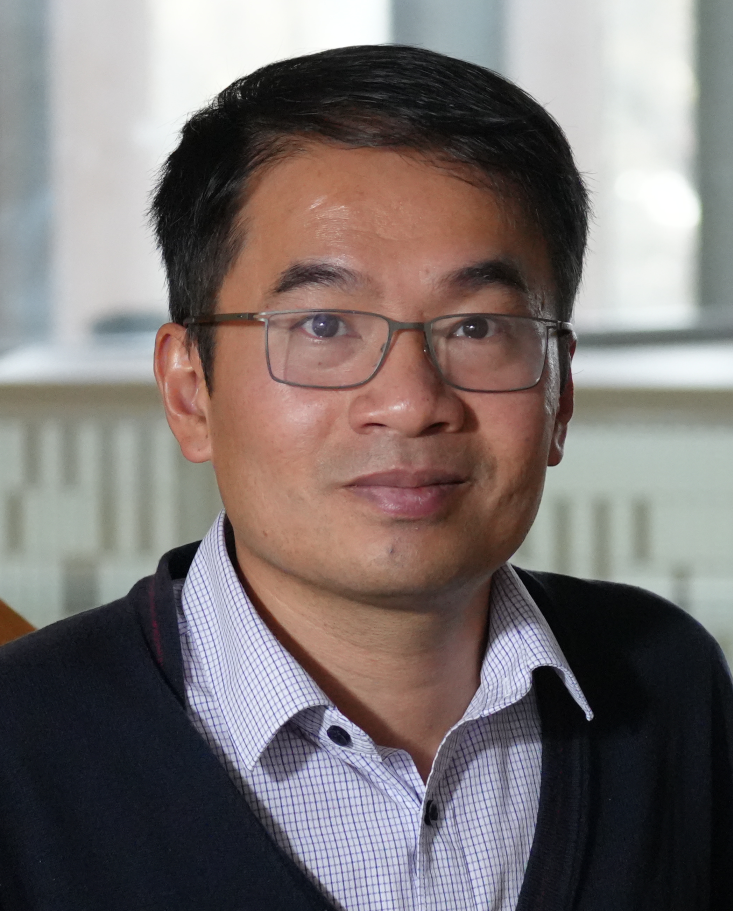THIS POSITION IS NOW FILLED. We no longer consider new applications.
Supervisors: A/Prof Minh Bui (M.Bui@anu.edu.au) - CECC & A/Prof Nhung Nghiem (Nhung.Nghiem@anu.edu.au) - John Curtin School of Medical Research (JCSMR).
Students: Honours and Masters students with a two-semester research project. Opportunity for a further PhD study is possible depending on student’s performance in this project.
Description
In the era of big data, machine learning methods have increasingly played an important role in social sciences, assisting public policy decision making. In this project, we will apply machine learning and modelling methods to estimate cost-effectiveness, health gains, health costs and societal costs of different health policy interventions to save human lives and reduce medical costs.
We will use large health burden and cost data to predict cost-effectiveness of various public health interventions, such as smoking cessation, reducing sodium intakes, and restrictions caused by COVID-19 and future pandemics. We will apply this prediction model to various diseases, different public health interventions, and different countries or health system settings.
Goals
- Retrieve data from publicly available databases to create model inputs.
- Develop machine learning models to predict cost-effectiveness, health gains and health/societal costs of various health interventions.
- Simulate data and evaluate machine learning models’ performance against published health interventions.
- Develop a user-friendly web interface to facilitate policy decision makers.
Requirements
Experiences with machine learning and strong programming skills with Python or R. An interest in health and economic data.
Please contact A/Prof Minh Bui (M.Bui@anu.edu.au) and A/Prof Nhung Nghiem (Nhung.Nghiem@anu.edu.au) for further discussions.
